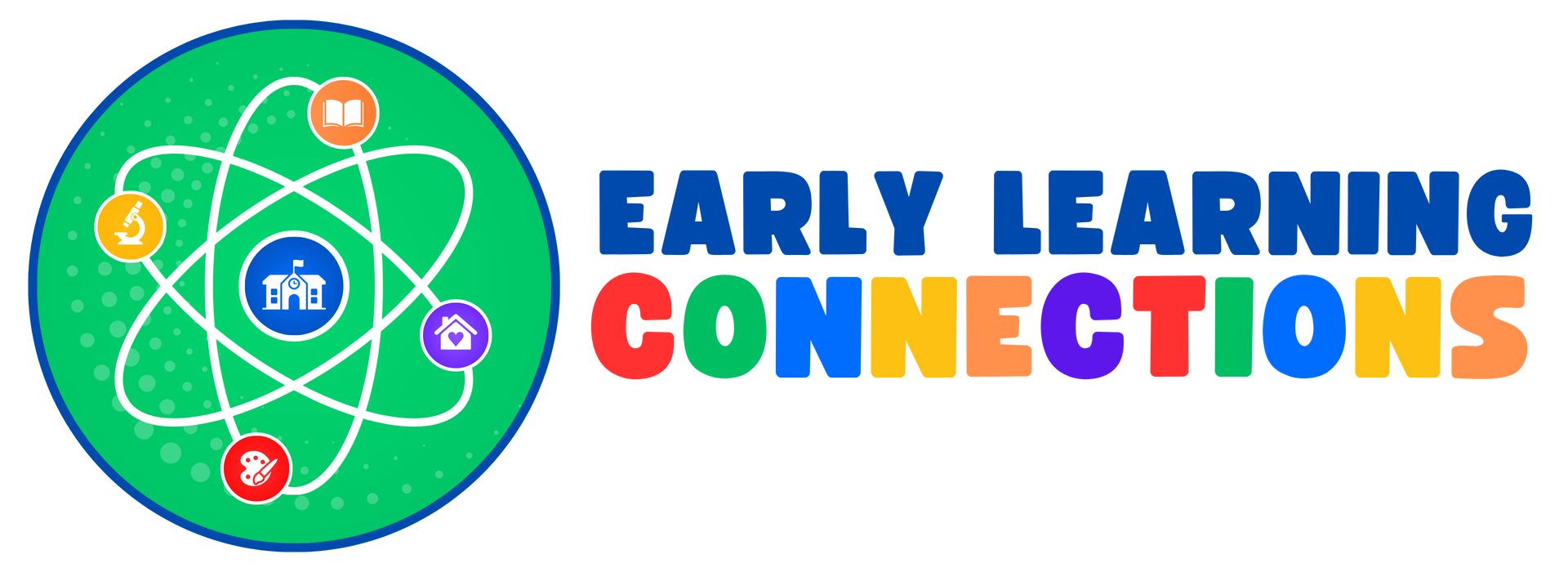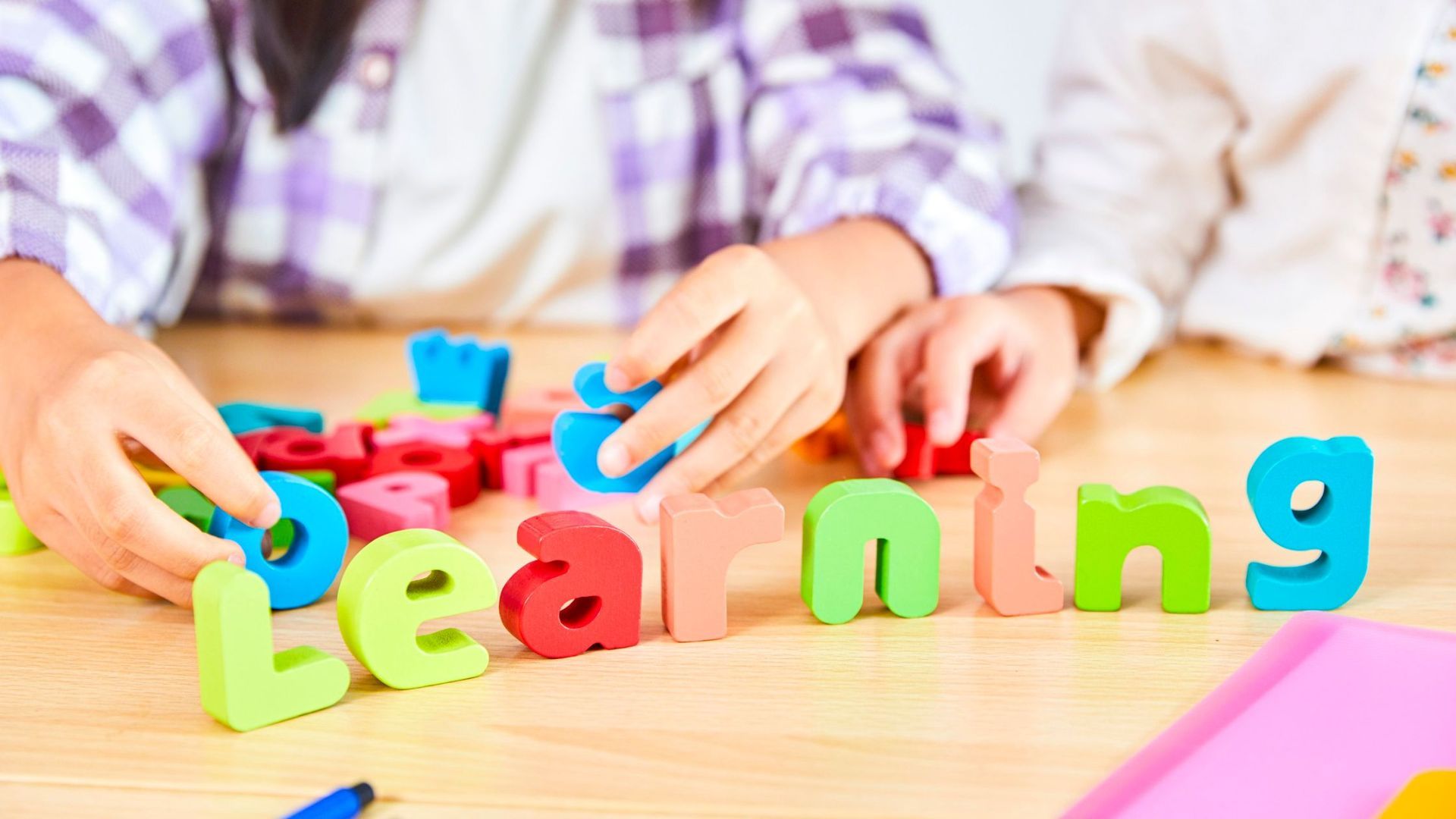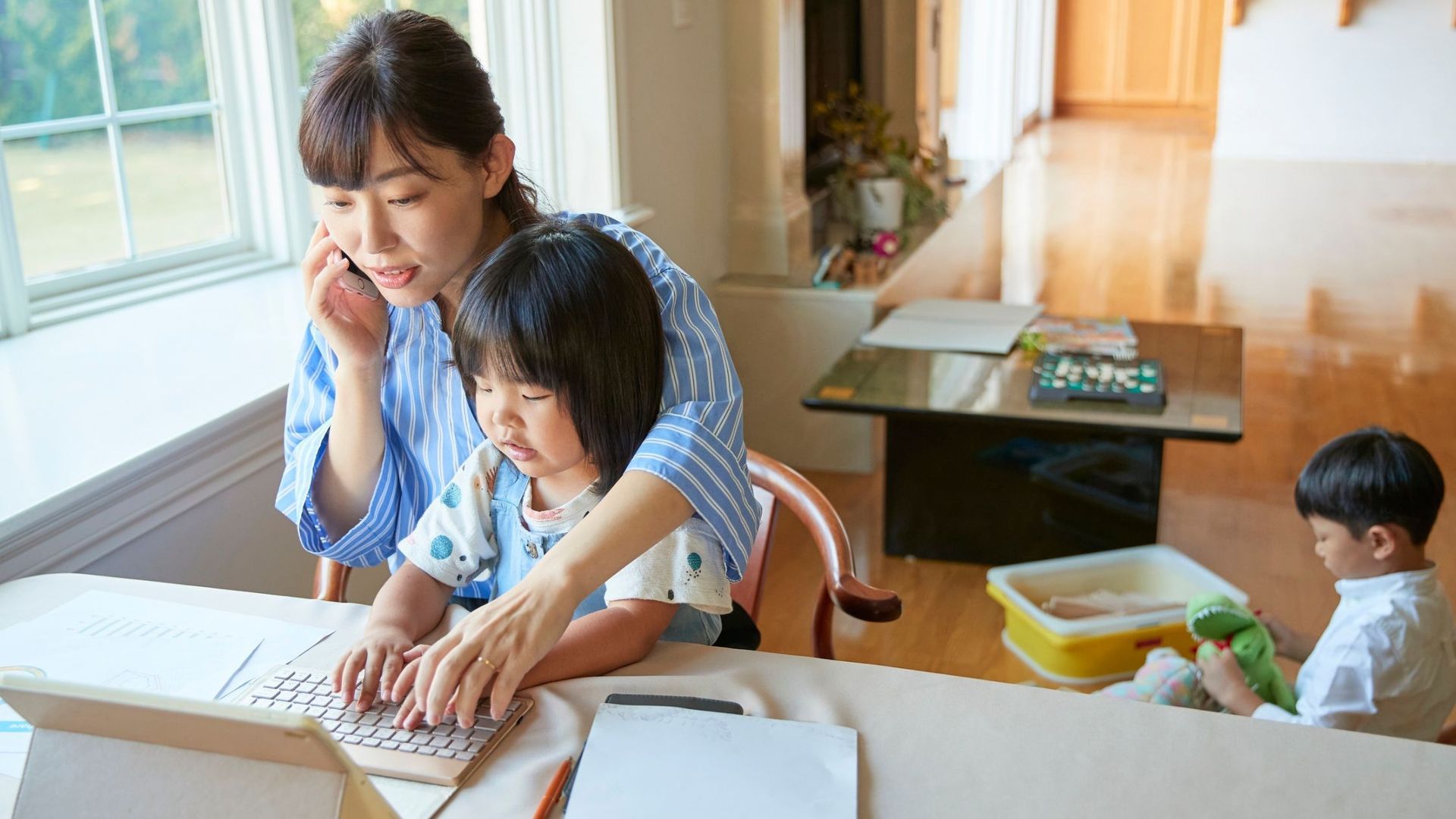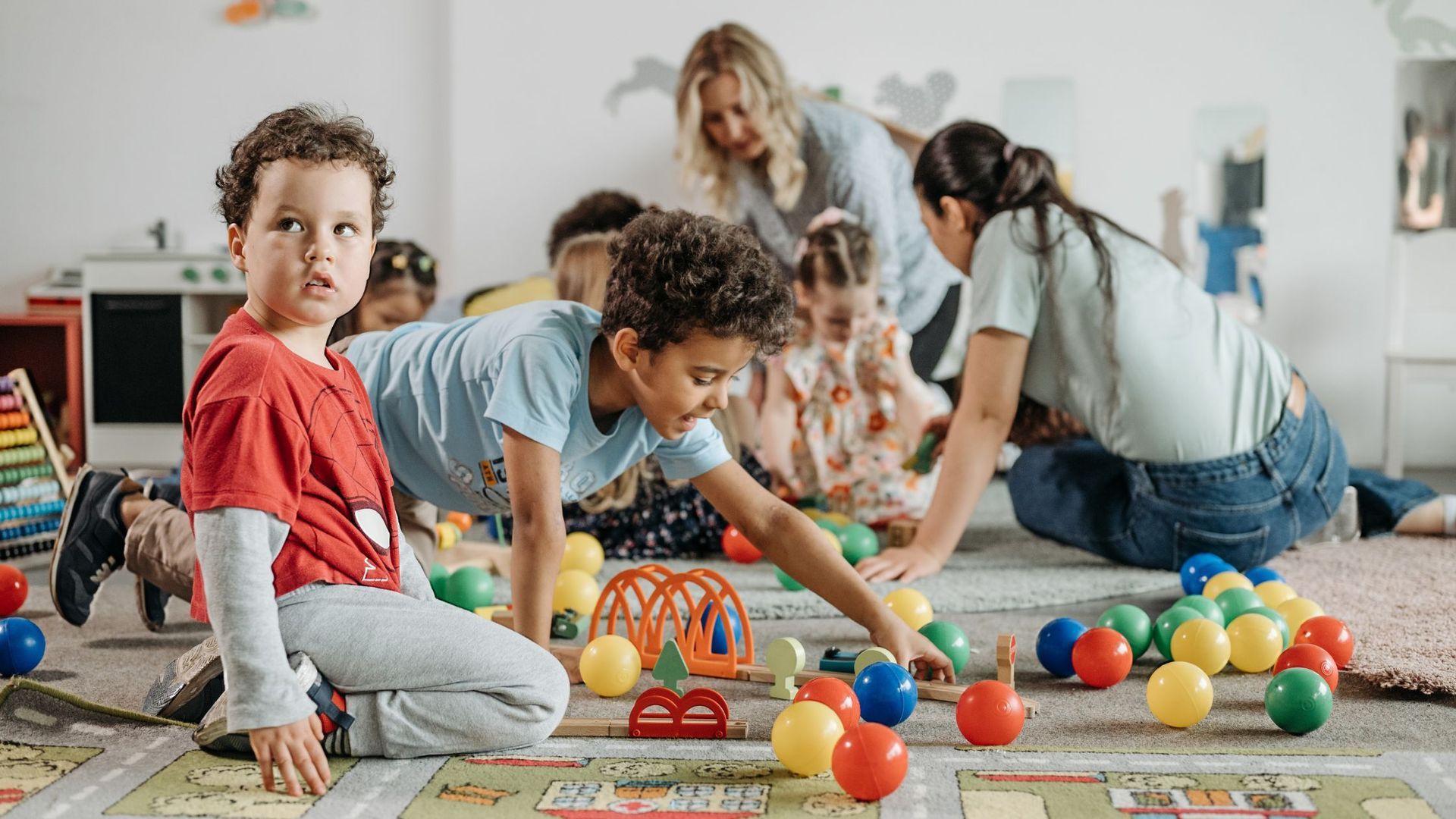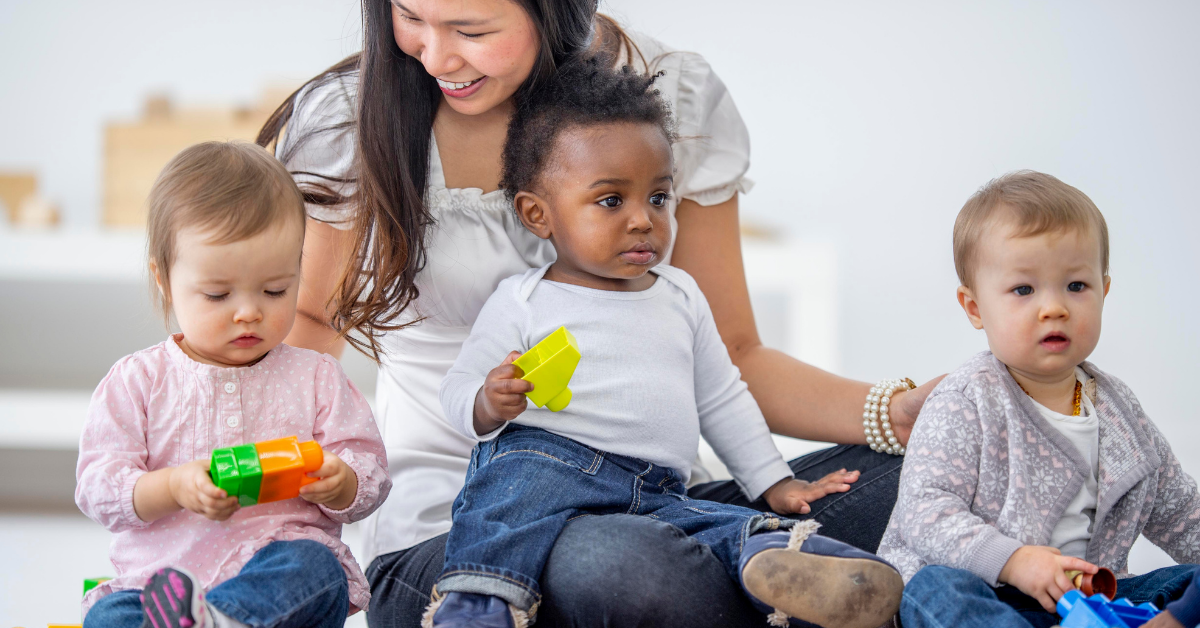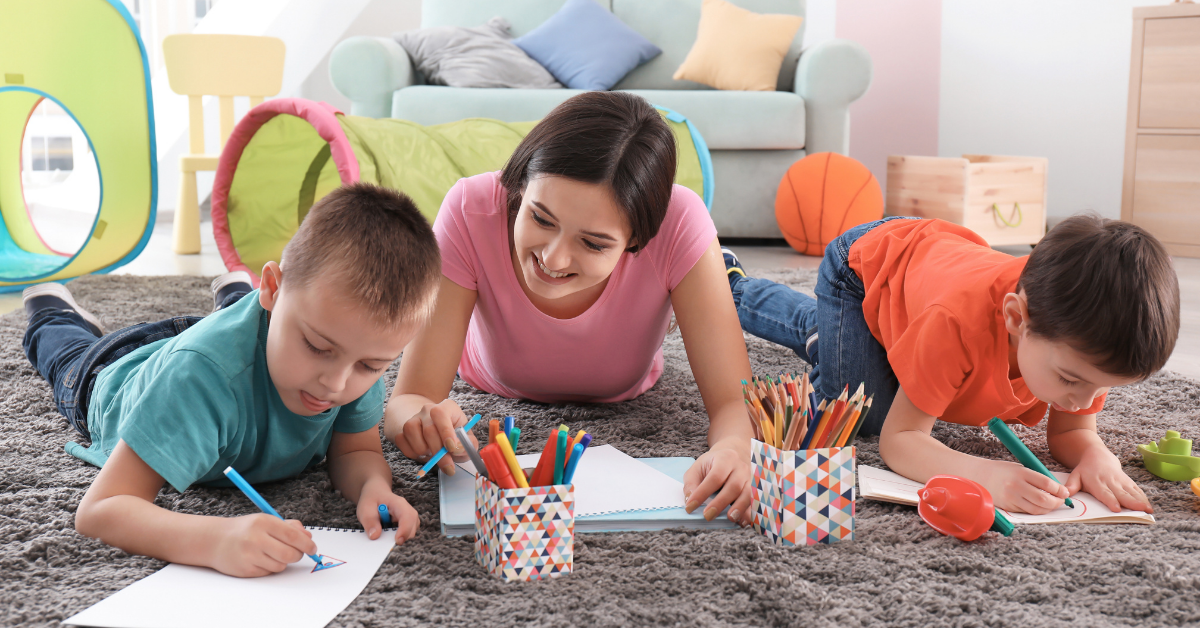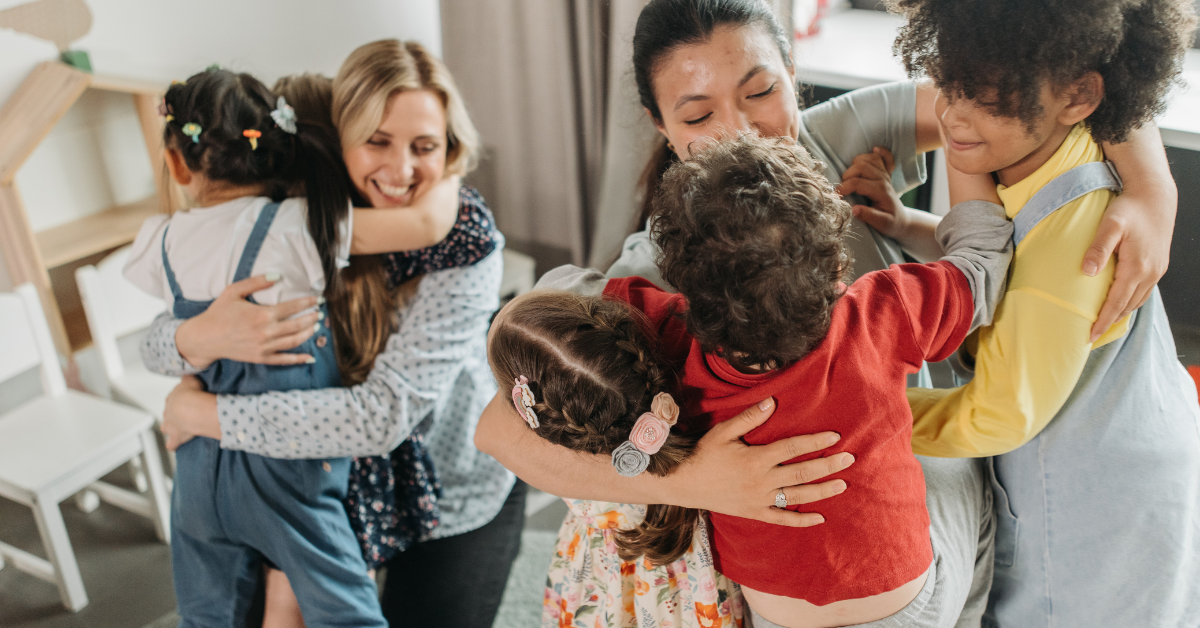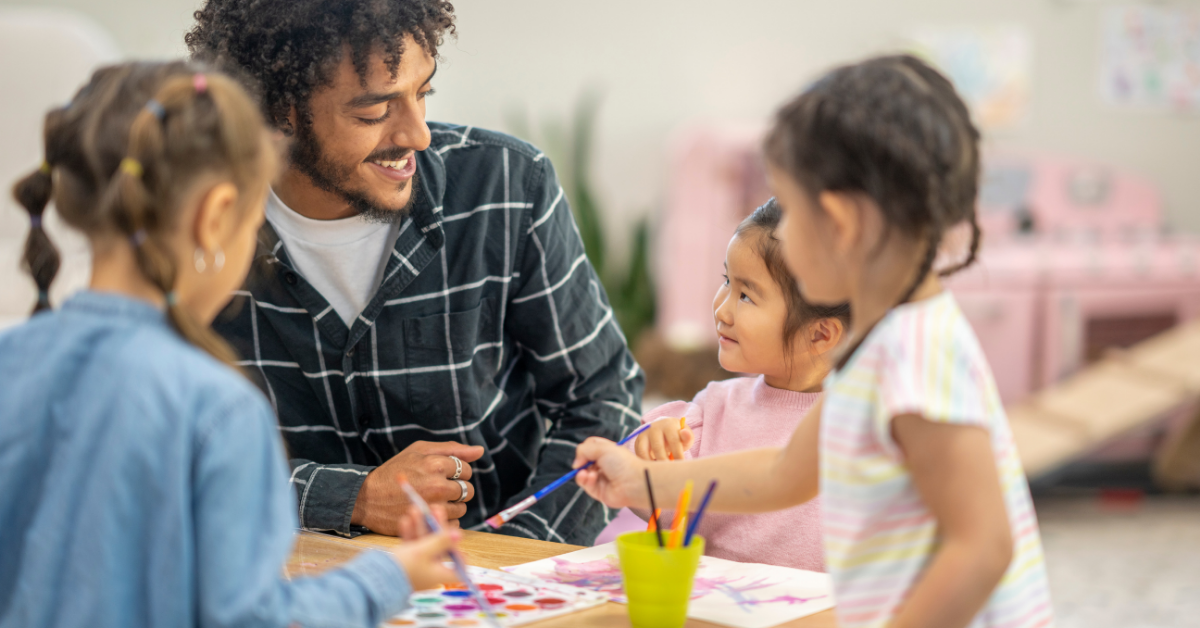How Creative Arts Benefit Early Childhood Development

Creative arts such as drawing, music, dance, and drama play a crucial role in a child’s early development. From birth, children are naturally curious, constantly exploring the world around them. Engaging in creative activities not only nurtures this curiosity but also helps to shape their cognitive, motor, and social skills. Creative arts encourage children to express themselves, build confidence, and develop vital problem-solving abilities. In this blog post, we will explore how creative arts benefit early childhood development and why incorporating art, music, and movement into a child’s daily routine is essential for their overall growth.
Cognitive Development Through Creative Arts
Creative arts stimulate and challenge a child's mind in ways that other activities often do not. They enhance cognitive abilities by encouraging children to think critically, make decisions, and solve problems creatively. Here are a few ways in which creative arts contribute to cognitive development:
1. Boosting Memory and Focus
Whether it’s memorizing lyrics in a song, remembering dance steps, or recalling the elements of a drawing, creative arts encourage children to exercise their memory. When children engage in these activities, they strengthen their ability to focus, follow instructions, and recall details. For example, learning a short song or practicing a dance routine helps to improve concentration and recall, which are essential cognitive skills that can be applied in academic and social settings.
2. Enhancing Problem-Solving Skills
Artistic activities often involve trial and error, which is a natural part of the creative process. Drawing, painting, or building with blocks allows children to think critically and solve problems. For example, when a child creates a painting, they may experiment with colors, shapes, and patterns, figuring out what works and what doesn’t. Similarly, in activities like music and dance, children learn to adjust their movements or rhythm based on the situation. This kind of exploration encourages independent thinking and resourcefulness.
3. Improving Language Skills
Music, storytelling, and even visual arts can boost vocabulary, reading, and communication skills. Singing along to songs helps children develop their understanding of language, sentence structure, and new words. In addition, children who engage in activities like drama and role-playing are prompted to express themselves verbally, which helps them practice language and build confidence in their communication abilities. Through creative expression, children are encouraged to use their words more effectively and creatively.
Motor Skills Development Through Creative Arts
Creative arts activities are essential for the development of both fine and gross motor skills in young children. These skills are critical as they help children perform everyday tasks, from feeding themselves to playing sports. Here’s how different forms of creative arts benefit motor skills development:
1. Fine Motor Skills
Fine motor skills involve the small muscles in the hands, fingers, and wrists, and are essential for tasks like writing, drawing, and using utensils. Drawing and painting are excellent ways for children to develop fine motor skills. Holding a crayon, pencil, or paintbrush strengthens their hand-eye coordination, dexterity, and control. As children engage in these activities, they learn how to manipulate objects with precision, which builds hand strength and coordination.
2. Gross Motor Skills
Gross motor skills involve larger movements that require the use of bigger muscle groups, such as walking, running, and jumping. Dance and movement activities are particularly effective in developing these skills. When children participate in dance or active movement exercises, they learn to balance, coordinate their body, and improve their strength and flexibility.
Social and Emotional Development Through Creative Arts
Creative arts don’t just support cognitive and motor development—they also play a vital role in a child’s social and emotional growth. Through art, music, dance, and drama, children are given opportunities to explore their emotions, connect with others, and develop empathy. Here’s how:
1. Expressing Emotions
Creative activities provide children with an outlet for self-expression. Through drawing, music, or dance, children can communicate their feelings, ideas, and experiences in ways they might not be able to with words alone. Art helps children work through difficult emotions like sadness, frustration, or excitement. For example, creating a picture to represent a feeling or using dance to express happiness helps children process emotions in a healthy way.
2. Building Social Skills
Group activities like singing in a choir, acting in a play, or working on an art project together foster cooperation and collaboration. Children learn the importance of sharing ideas, respecting others, and listening to instructions. In a dance class, for example, children may work together to perform a routine, helping them practice teamwork, patience, and negotiation.
3. Building Confidence and Self-Esteem
Completing an art project, performing in a play, or mastering a dance move can provide children with a sense of accomplishment. This boosts their self-esteem and confidence, as they feel proud of their creative efforts. When children are praised for their artistic work, they internalize a sense of competence and are more likely to take on new challenges.
Integrating Creative Arts Into Daily Life
Incorporating creative arts into a child’s daily routine doesn’t have to be complicated or time-consuming. Here are some simple ways to integrate these activities into everyday life:
- Art Supplies at Home: Keep basic art supplies, such as crayons, markers, paper, and playdough, easily accessible for your child. Allow them to explore these materials freely and create their own masterpieces.
- Sing and Dance Together: Play music in the house and encourage your child to sing along or dance. Create fun, spontaneous routines or act out stories with your child to combine learning with movement.
- Visit Museums or Attend Performances: Take your child to art museums, concerts, or local theater productions to expose them to various forms of art and culture. This experience can spark their interest in creative expression.
- Role Play and Storytelling: Encourage imaginative play by engaging in role-playing activities. Act out different characters and stories, which can help develop language skills, empathy, and creativity.
Just as fostering a strong foundation in early childcare encourages children to embrace creativity and problem-solving, ensuring they get adequate sleep supports cognitive function and emotional well-being—both of which are crucial for artistic expression and learning.
Conclusion
Creative arts are an essential part of early childhood development, fostering cognitive, motor, social, and emotional growth. Engaging in activities like drawing, music, dance, and drama provides children with opportunities to express themselves, develop important skills, and connect with others. These activities not only enhance their creativity but also lay the foundation for academic success, emotional intelligence, and social well-being. By incorporating creative arts into your child’s daily routine, you are setting them up for a well-rounded and thriving future. So, get creative with your little ones and watch them flourish!
